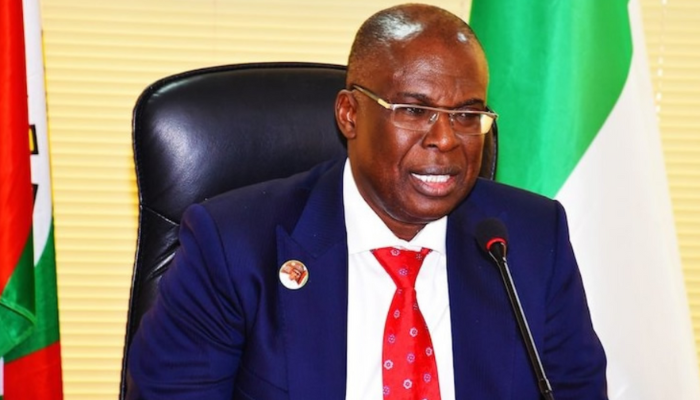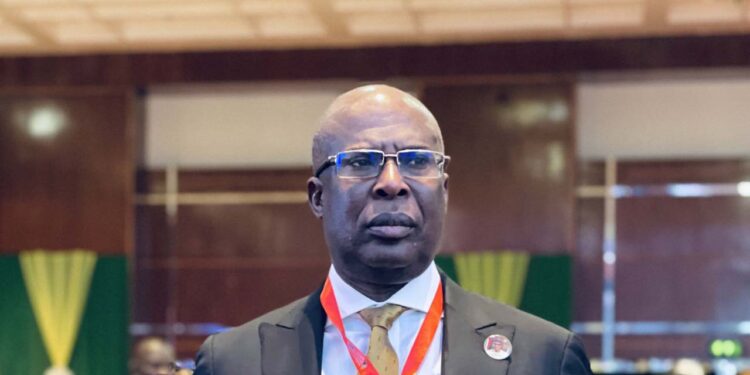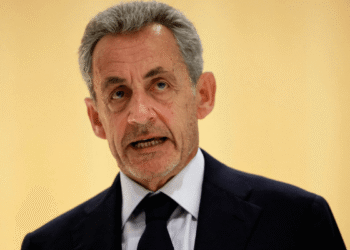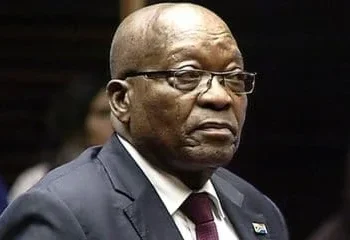The Economic and Financial Crimes Commission has once again taken the stage, this time declaring former Minister of Petroleum and ex-Bayelsa governor Timipre Sylva wanted over a $14 million scandal. The agency claims the funds were part of an investment by the Nigerian Content Development and Monitoring Board (NCDMB) in Atlantic International Refinery and Petrochemical Limited for a refinery project that never took off. But beyond the noise, Nigerians are asking a familiar question: how many more high-profile chases will end in silence?
The Same Old EFCC Drama
For years, the EFCC has paraded politicians and business elites in front of the public, promising accountability and justice. Yet, the endings are always predictable, cases drag on, fade away, or are quietly forgotten. Remember Yahaya Bello? The former Kogi governor was accused of massive corruption, and despite the EFCC’s loud declarations, he’s walking free, smiling at cameras and attending public events.

What then is the point of these dramatic announcements if no one ever gets punished?
Declaring Timipre Sylva wanted makes for bold headlines, but Nigerians have seen this movie before. From Diezani Alison-Madueke to Bello, from Orji Uzor Kalu to countless others, the EFCC has perfected the art of chasing shadows. Each new declaration is met with the same skepticism, because the commission has failed to convince the public that it can truly deliver justice when the powerful are involved.
$14 Million Lost, But Not Forgotten
According to the EFCC, the $14,859,257 in question came from the NCDMB’s investment in Atlantic International Refinery. The project was meant to boost Nigeria’s refining capacity and reduce dependence on imported fuel. Instead, the funds vanished into yet another tale of broken promises and political connections. The Commission claims a warrant for Sylva’s arrest was granted by Justice D.I. Dipeolu of the Federal High Court in Lagos on November 6, 2025.
But Nigerians have heard these details before. The question is not whether the EFCC can issue arrest warrant, it’s whether they ever follow through. In the end, these big corruption stories tend to dissolve quietly after the cameras leave.
The Endless Chase
Every new EFCC case seems to follow the same pattern: public outrage, official statements, weeks of silence, and then… nothing. The agency’s energy often ends at media briefings, with no lasting outcome. It’s why many Nigerians now view these pursuits as distractions rather than serious reforms.
If the EFCC truly wants to prove it’s not just a tool for political drama, it must finally bring one of these high-profile cases to a clear conclusion, with evidence, prosecution, and conviction. Otherwise, this latest chase after Timipre Sylva will join the long list of unfinished fights.
Justice or Performance?
When agencies like the EFCC keep repeating the same tactics without results, it stops being law enforcement and becomes a performance. Nigerians want real justice, not press releases. If a $14 million scandal can come and go without accountability, what message does that send to public officials still looting the system?
This new declaration against Sylva could have been an opportunity to restore some public trust. Instead, it feels like another performance act in Nigeria’s long-running corruption stage — loud at the beginning, quiet at the end.
Bottom Line
The EFCC’s move against Timipre Sylva over the alleged $14 million fraud sounds fierce. But after years of watching similar dramas fade away, Nigerians are not holding their breath. Until real convictions replace press statements, the Commission’s efforts will keep looking like yet another futile attempt, chasing corruption headlines instead of ending corruption itself.

















